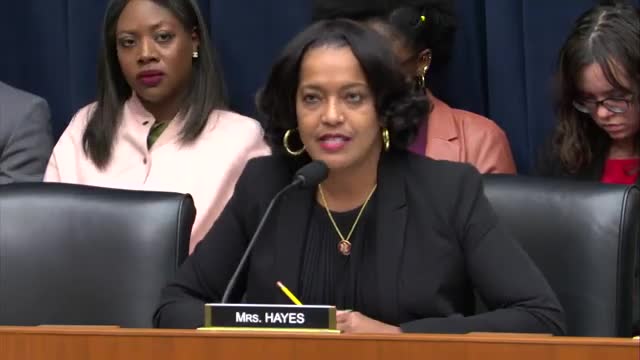
This article was created by AI using a video recording of the meeting. It summarizes the key points discussed, but for full details and context, please refer to the video of the full meeting. Link to Full Meeting
One committee member emphasized the necessity of providing students with diverse viewpoints and the skills to evaluate primary and secondary sources. "We must teach them how to determine bias," the member stated, advocating for a comprehensive approach to education that does not shy away from difficult historical truths.

Before you scroll further...
Get access to the words and decisions of your elected officials for free!
Subscribe for FreeHowever, the discussion took a sharp turn when another member pointed out that federal law explicitly prohibits the government from controlling local curricula. Citing the General Education Provisions Act, they noted, "The federal government cannot exercise any direction, supervision, or control over curriculum... or over the selection of library resources." This assertion underscored a fundamental belief that educational frameworks should be determined at the state and local levels, not dictated by Congress.
The member from Connecticut argued that while overarching educational standards exist, the specifics of how history and civics are taught are best left to local authorities. "This is a solution looking for a problem," they declared, insisting that the federal government should not intervene in local educational matters.
As the meeting concluded, the implications of this discussion were clear: the future of civics education in America may hinge on the balance between local control and federal oversight, with advocates on both sides passionately defending their positions. The committee's next steps remain uncertain, but the call for a more nuanced approach to teaching history and civics is likely to resonate in ongoing educational debates.
Converted from Back to Basics: America’s Founding, Civics, and Self-Government in K-12 Curricula meeting on May 12, 2025
Link to Full Meeting
Comments
View full meeting
This article is based on a recent meeting—watch the full video and explore the complete transcript for deeper insights into the discussion.
View full meeting



